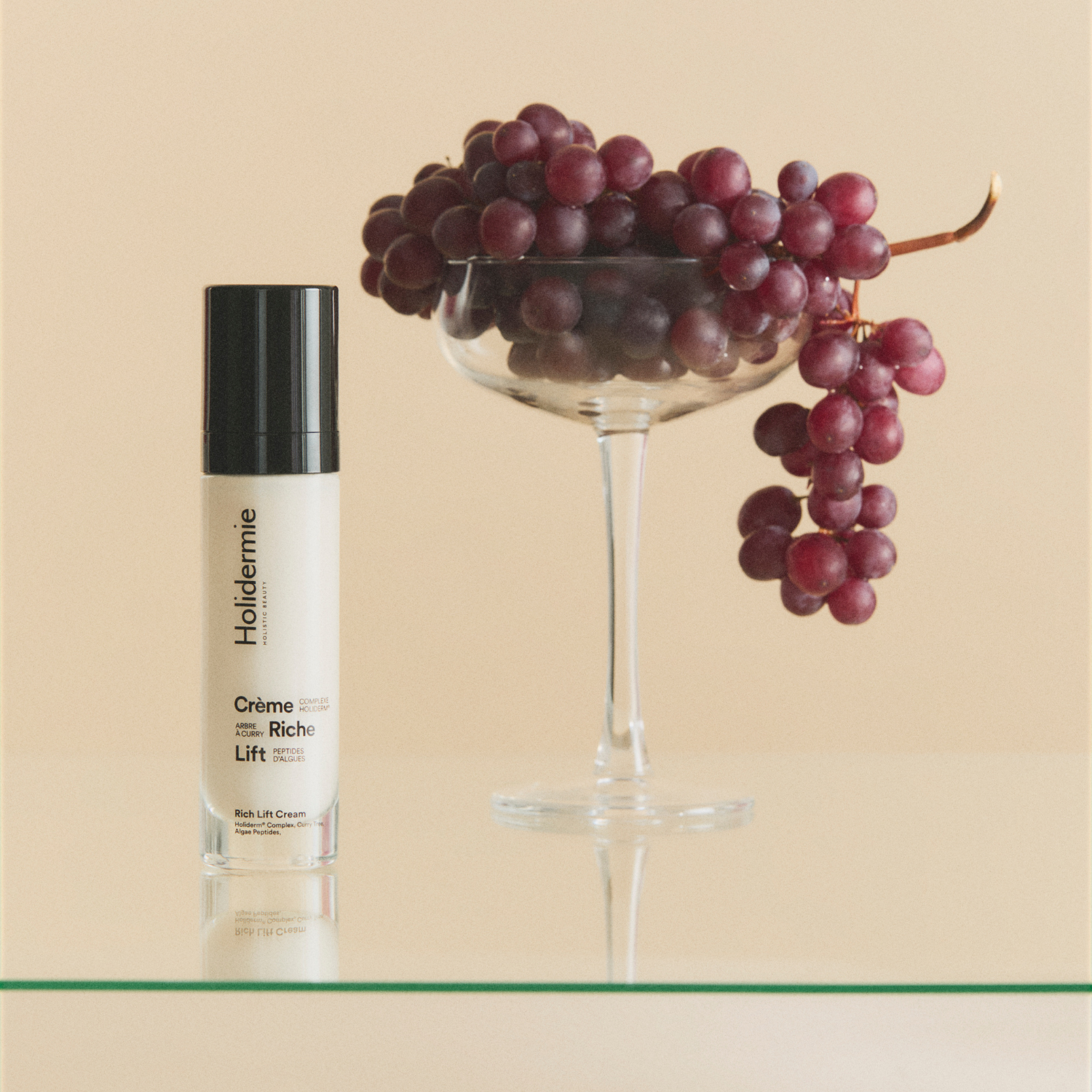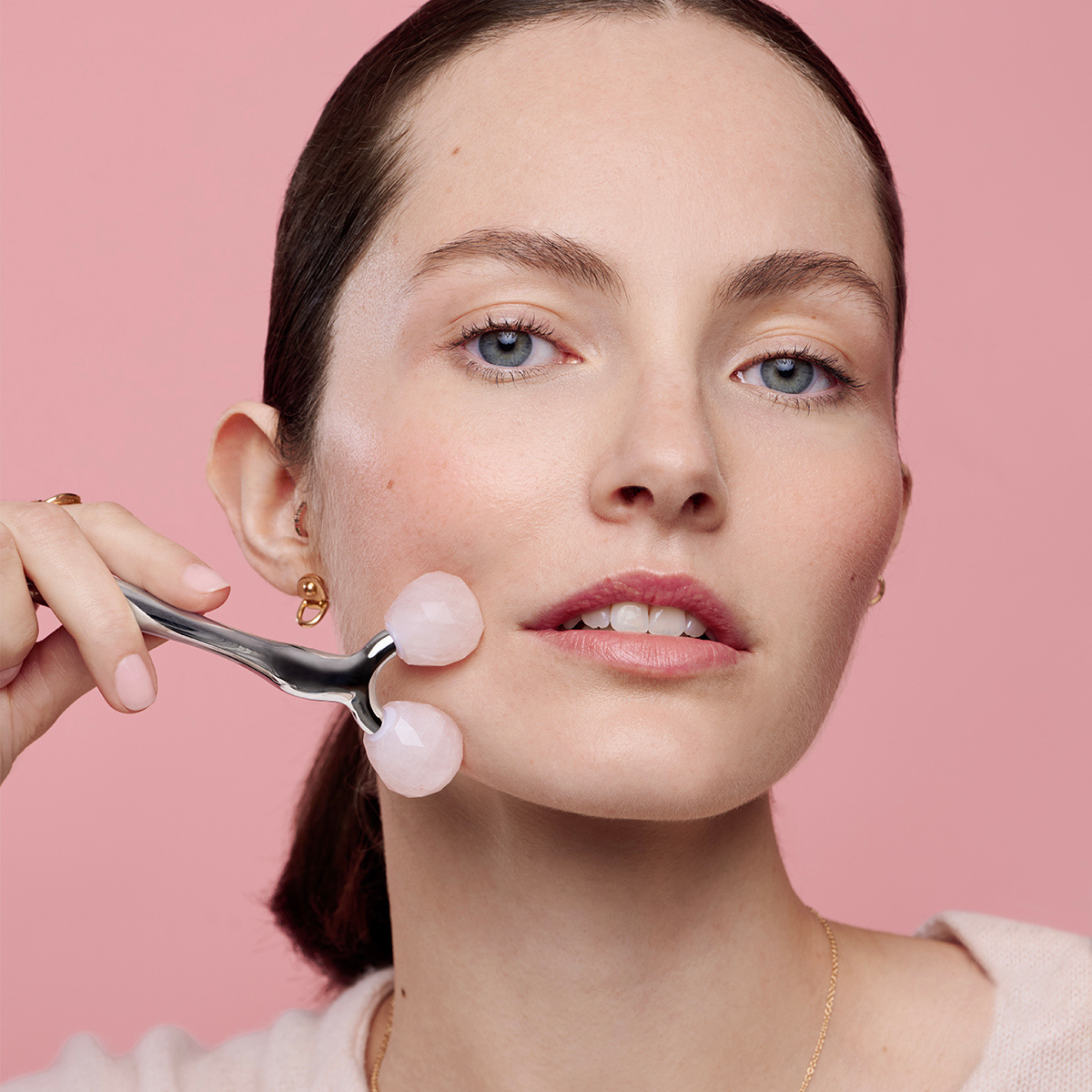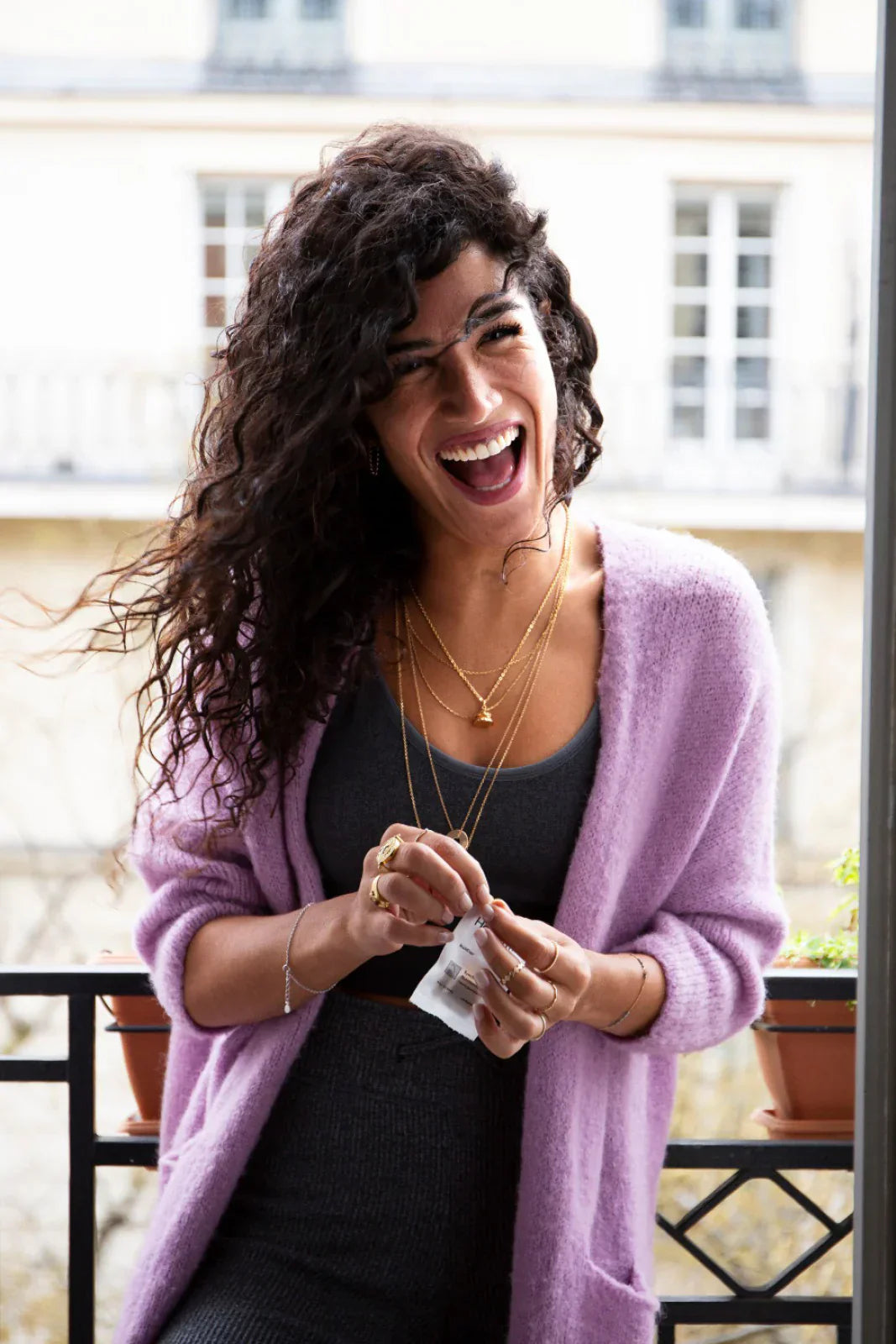
Tina Kieffer, founder of the "Toutes à l'École" association
Son combat pour l'éducation des filles
En cette journée internationale de la Femme, nous souhaitions donner la parole à une femme inspirante, Tina Kieffer, qui a fait de son combat pour la cause féminine un projet de vie, et donneur d’espoir pour l’éducation des jeunes filles au Cambodge. Une cause naturellement soutenue par notre fondatrice, Mélanie Huynh, très attachée à ses origines asiatiques héritées de son père ayant grandi au Cambodge.
Avec l’école Happy Chandara, créée en 2006, et parrainée par Holidermie et le groupe AERA NOVA, Tina nous confie aujourd’hui les secrets d’un pari réussi : concrétiser son engagement et sa révolte contre l’inégalité en offrant un avenir meilleur à ces jeunes filles au destin désormais bien tracé.
Voilà maintenant 15 ans que vous avez fondé Happy Chandara, une école dédiée à l’éducation des jeunes filles au Cambodge, un engagement, une réussite. Quel regard portez-vous aujourd’hui, en 2021, face au chemin parcouru depuis les premières pierres posées sur cette édifice ?
J’ai fondé mon association en 2005. Et j’ai ouvert Happy Chandara le 7 Novembre 2006.
Notre crainte première portait sur l’assiduité des filles. Élevées dans un milieu de grande pauvreté, on se demandait si elles allaient tenir, sachant aussi que les parents ont pour habitude d’envoyer les enfants travailler aux champs, en complément de revenu. C’est pourquoi très vite nous avons décidé d’envoyer aux familles des paniers alimentaires et d’hygiène, pour compenser, et surtout, laisser les filles venir apprendre, en toute liberté.
Mais nous avons été très étonnées. Très vite, les résultats étaient là. Ce sont des élèves particulièrement motivées, qui viennent des bidonvilles, et qui ont le désir d’apprendre. Les familles sont ravies aussi, c’est un cercle vertueux. Nous n’imaginions pas accompagner ces filles jusqu’au bac. Aujourd’hui, c’est 100% de réussite, les filles vont jusqu’à l’université, rêvent de devenir médecin, architecte, avocate, de travailler à l’ambassade, ou encore même de s’engager dans l’agro agriculture, dans un contexte où l’écologie est au cœur des préoccupations.
De notre côté, on ne lésine pas non plus sur le soutien scolaire apporté : des emplois du temps riches, des professeurs très compétents, pas plus de 25 élèves par classe. Tout est fait pour stimuler sur le plan intellectuel. Je me suis rendue au Cambodge en novembre dernier pour y ouvrir un deuxième foyer, le premier étant plein.
Au delà du savoir, de la connaissance, quelles valeurs souhaitiez vous transmettre à ces jeunes filles ?
Effectivement, mon engagement ne s’arrête pas à l’éducation ; nous désirions avoir une approche globale, sans quoi tout cela ne fonctionnerait pas. C’est pourquoi nous avons en parallèle ouvert un cabinet dentaire, nous avons des assistantes sociales qui vont dans les familles, on aide les mamans, on éduque, … tout cela pour que les petites filles se sentent bien dans leur tête, moins soucieuses pour leur famille.
Nous parlons d’éducation, c’est quelque chose de positif, on peut faire pleins de choses, il y a de l’espoir, toujours
J’ai même ouvert des cours d’Ouverture Sur le Monde (OSM) : des cours de valeurs. Dès le CE2, elles apprennent ce qu’est l’égalité, la loyauté, l’honnête ; puis quand elles grandissent, nous les ouvrons davantage sur le monde, sur l’écologie. Nous leur apprenons l’anglais, le français. On leur fait suivre des cours de décryptage de journaux télévisés comme CNN ou la BBC. Sur les murs du foyer sont accrochés des portraits photos de grandes femmes inspirantes comme Simone Veil ou encore Ellen Johnson Sirleaf, présidente du Libéria, qui a lutté contre la corruption. Des conditions de travail encourageantes, qu’on ne trouverait parfois même pas en France.
Et à vous, Tina, quelles valeurs ces filles vous ont-elles transmises ?
Cela m’a permis de concrétiser mon désir d’engagement. J’ai toujours été engagée, je travaillais chez Marie Claire, un journal qui l’est fortement. J’étais révoltée par la condition de la femme, des enfants dans le monde. Tout cela m’a apporté des réponses, a su canaliser mes angoisses face aux injustices, par le fait même de travailler sur le terrain.
Je peux aujourd’hui me dire que tout est remédiable. Nous parlons d’éducation, c’est quelque chose de positif, on peut faire pleins de choses, il y a de l’espoir, toujours.
Face à cette pandémie mondiale, comment faite pour vous organiser?
Nous sommes allé en novembre au Cambodge avec mon adjointe. Les conditions y sont très strictes, soient une mise ne quarantaine très dure à l’arrivée. Je ne peux donc pas y retourner tous les deux mois comme d’habitude, mais nous parvenons à échanger avec les équipes via whats app.
Quant aux filles, nous leur avons distribué des smart phones car les écoles ont fermé. Le système de e-learning alors mis en place à très bien fonctionné, avec les professeurs aussi. Actuellement, nous avons réouvert en semi-présentielle. L’autre partie de la classe suit les cours à distance et nous alternons une semaine sur deux. Et nous avons ajouté des cours de soutien.
Aujourd’hui en Europe comme partout dans le monde, l’engagement pour la cause féminine semble bouger les lignes dans nos sociétés. En cette journée de la Femme, on peut bel et bien constaté qu’un mouvement autour de l’empowrment au féminin est en marche. Avez vous remarqué cette même dynamique au Cambodge ?
Oui nous sentons fortement ce courant là. Les filles sont très au fait de tout cela. Spontanément, elles ont même accroché le portrait d’une influenceuse cambodgienne au mur. A notre visite une petite fille déclarait d’elle-même : « elle est très importante pour nous, car elle est la figure féminine de la libération sexuelle des Cambodgiennes », un sujet encore récemment très tabou au Cambodge. Il y a donc une réelle prise de parole.
Avez vous encore un rêve pour cette association ?
Il est simple : celui de rencontrer un jour une grande association, qui puisse d’abord assurer un avenir à nos foyers, financièrement d’une part, et pourquoi pas ensuite, reproduire le modèle car cela fonctionne très bien. Notre foyer est une sorte de laboratoire. L’idée aussi serait aussi que les personnes qui organisent soient des jeunes qui viennent eux même de la grande pauvreté car ils sont motivés, et surtout, connaissent les problèmes depuis la base.
Et c’est exactement cela qui est en train de se produire à Happy Chandara : toutes les filles veulent sortir des lignes et en même temps elles connaissent toutes ce que c’est de vivre dans un bidonville . Elles sont donc d’autant plus percutantes !










